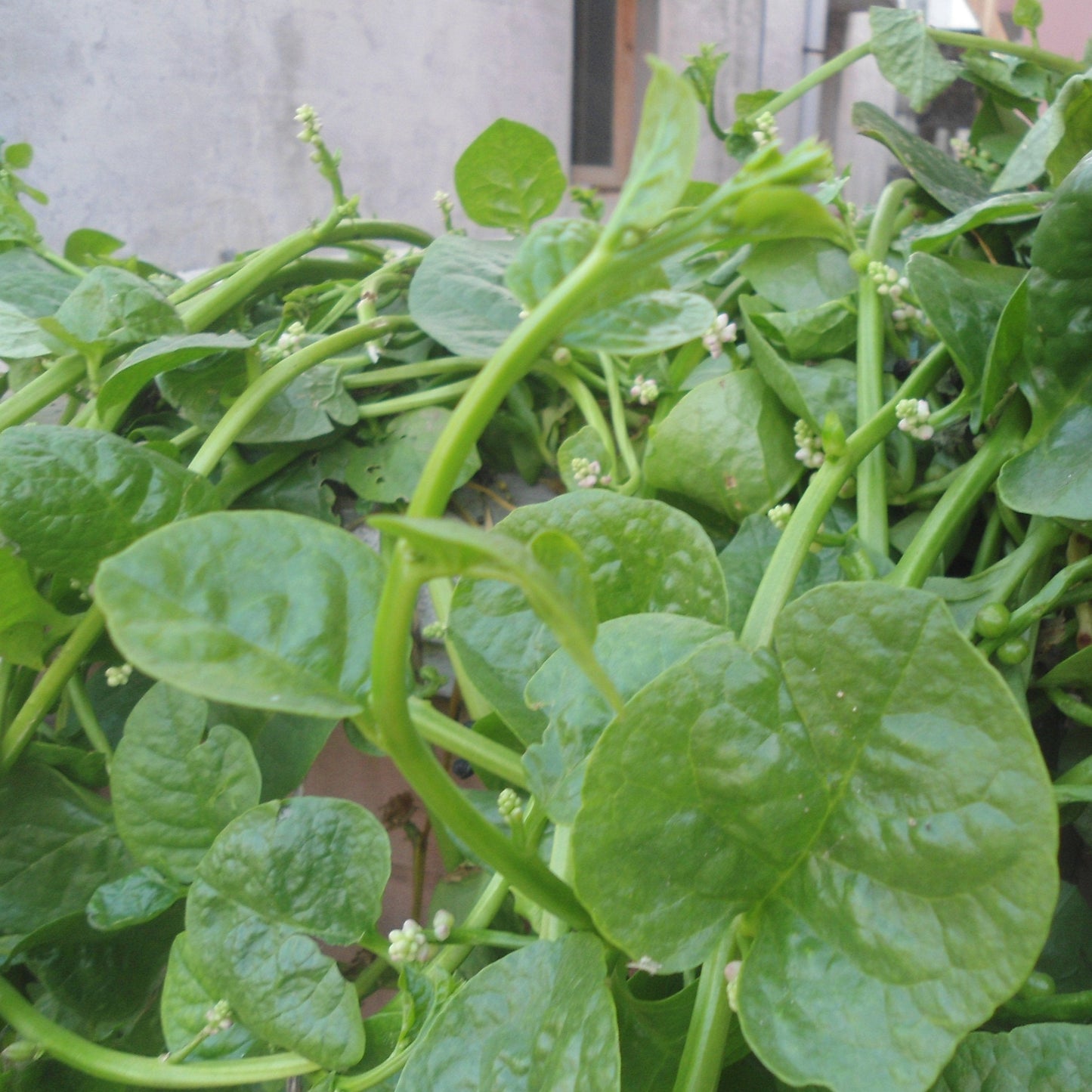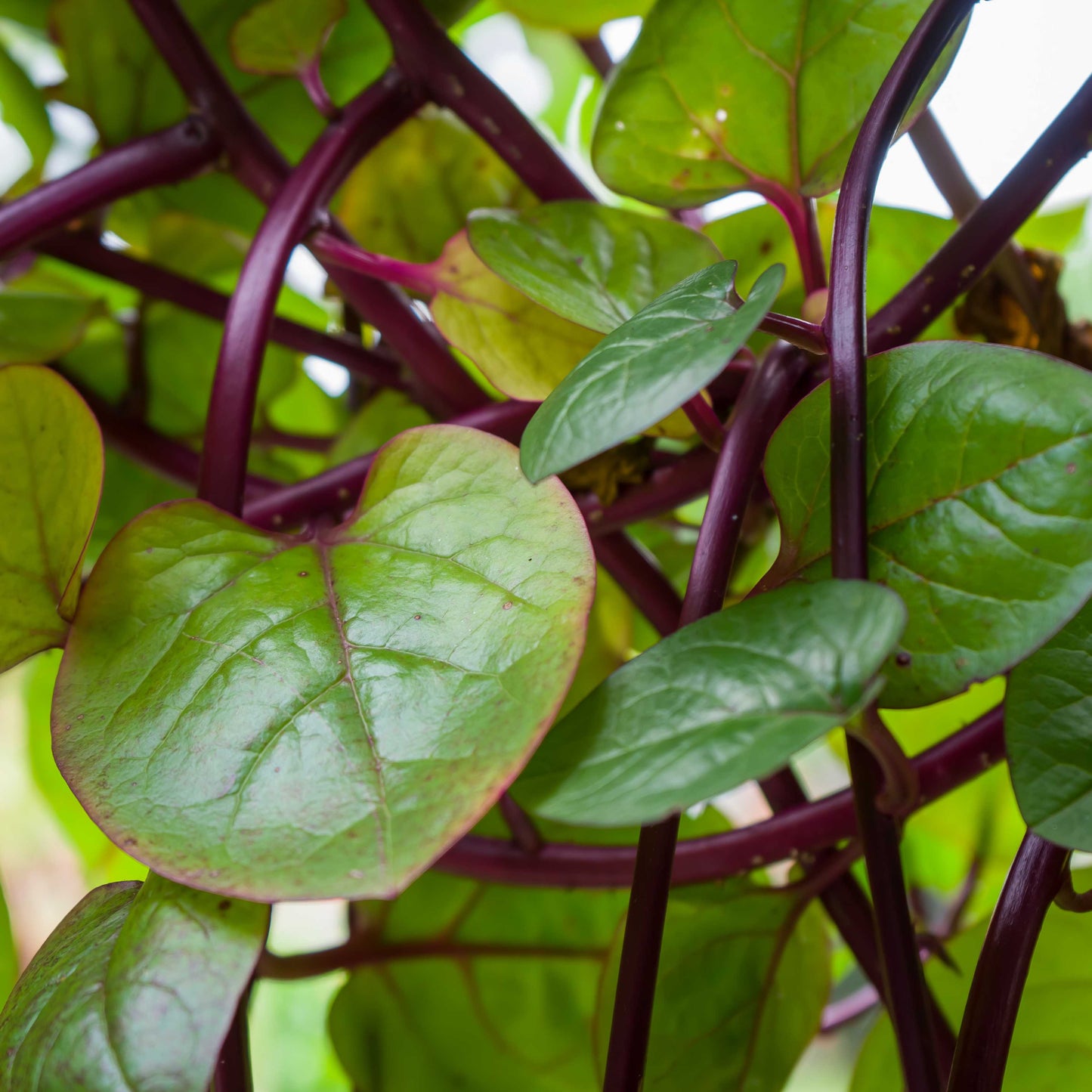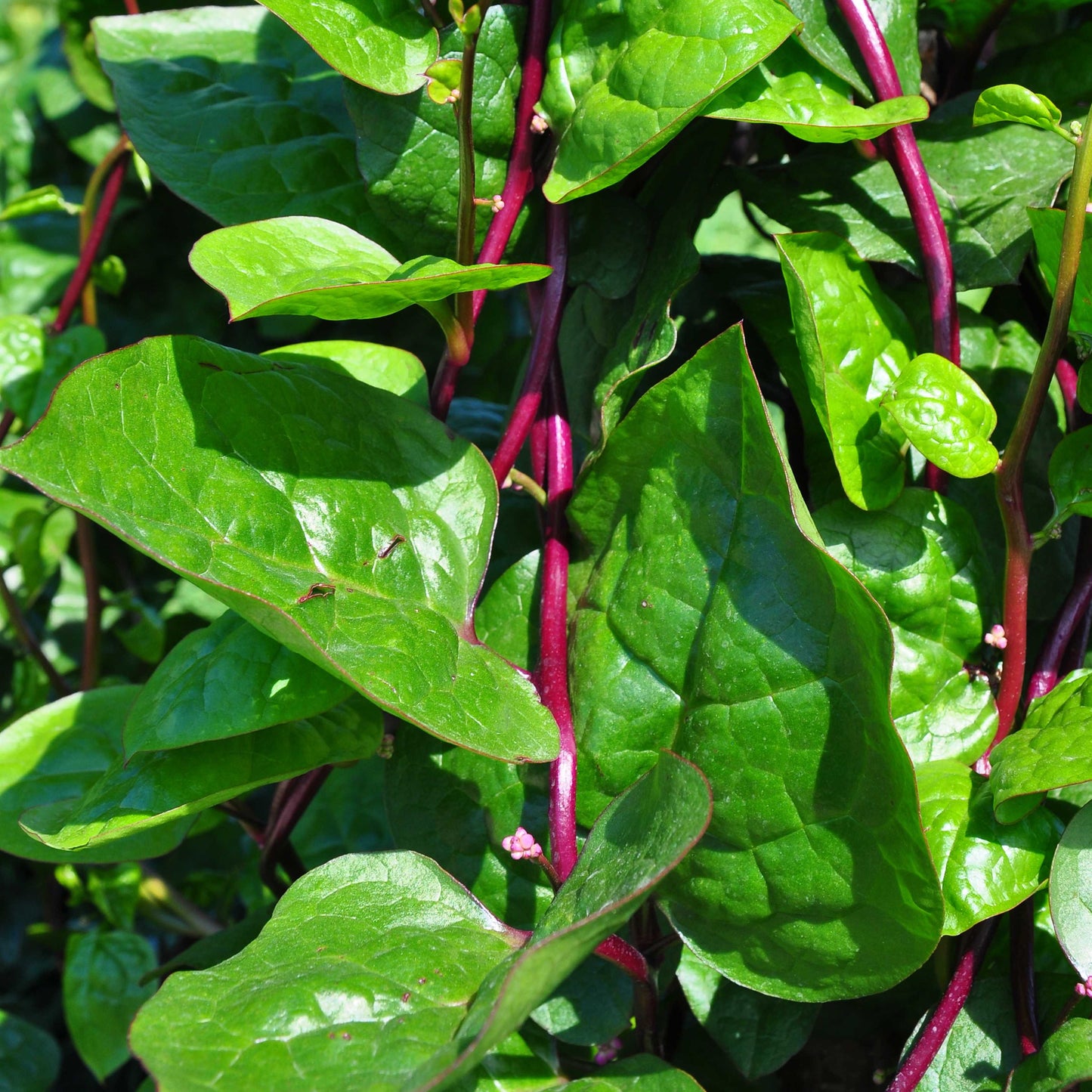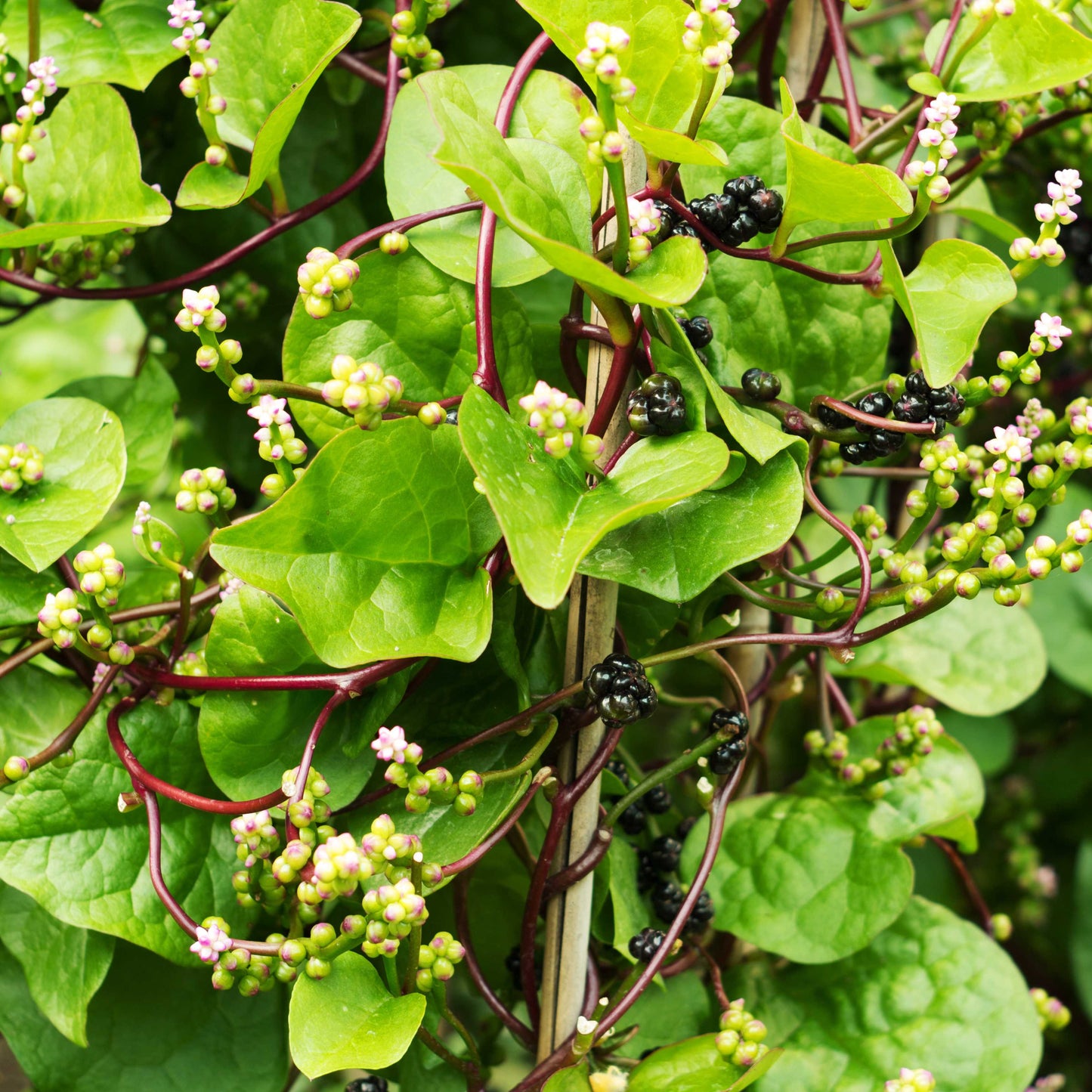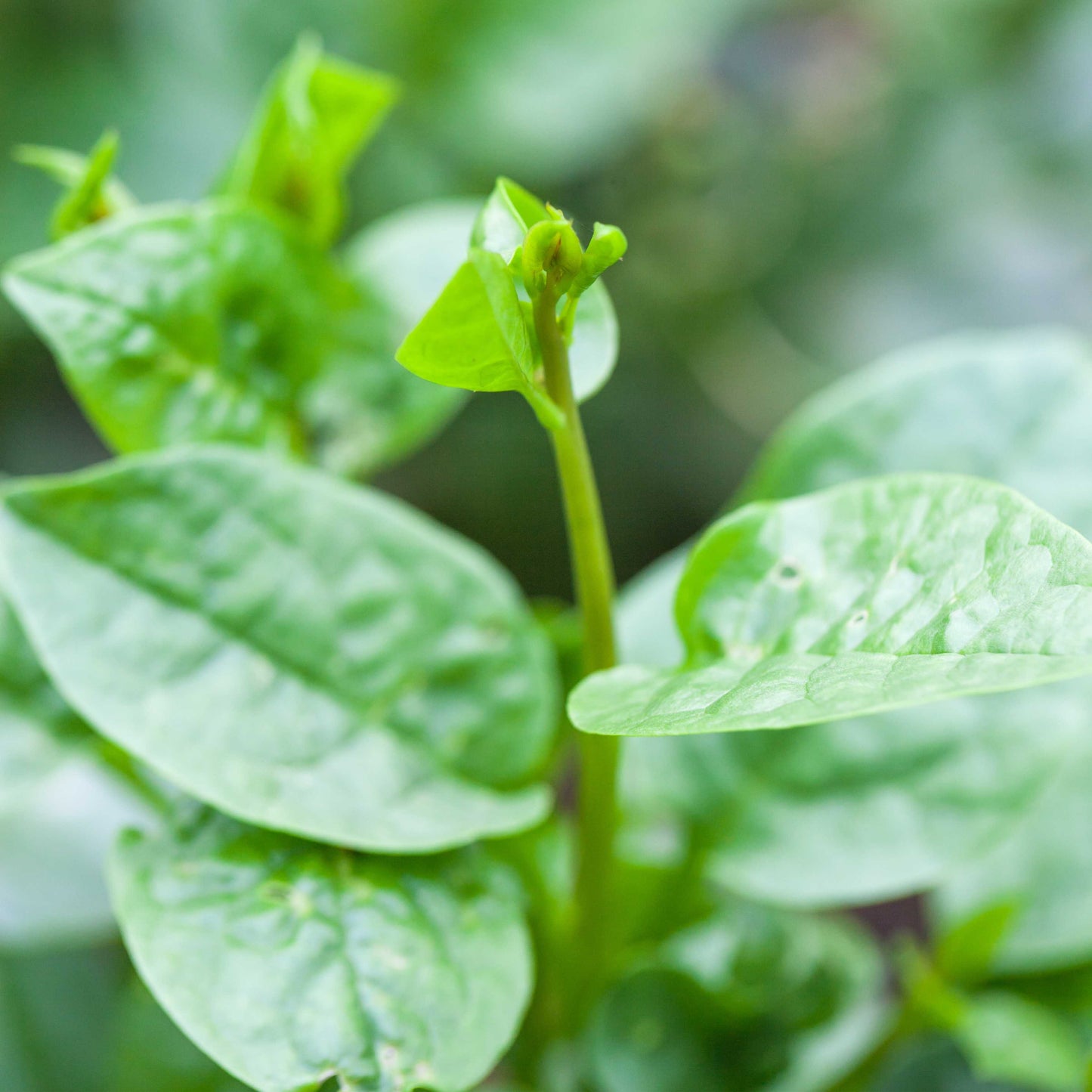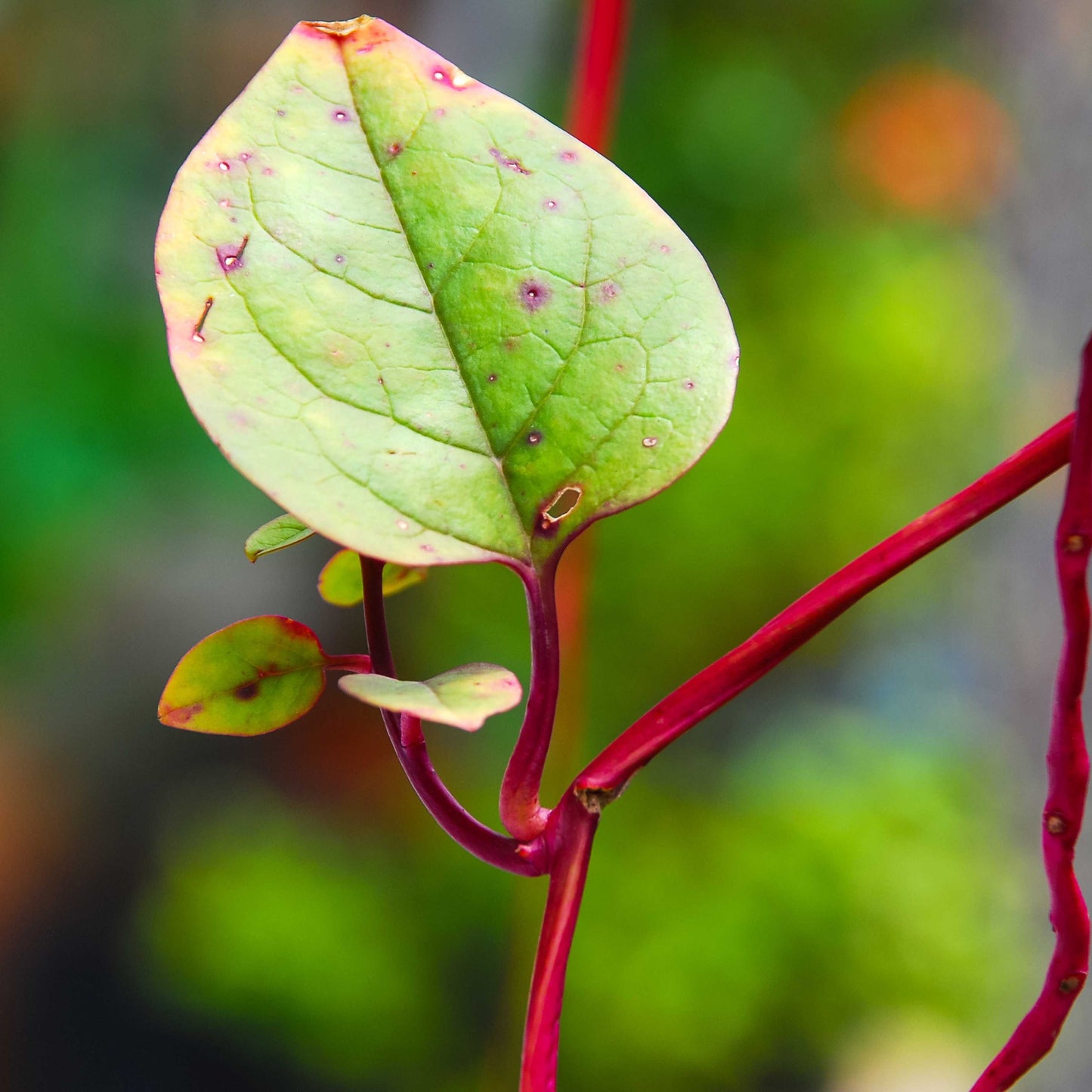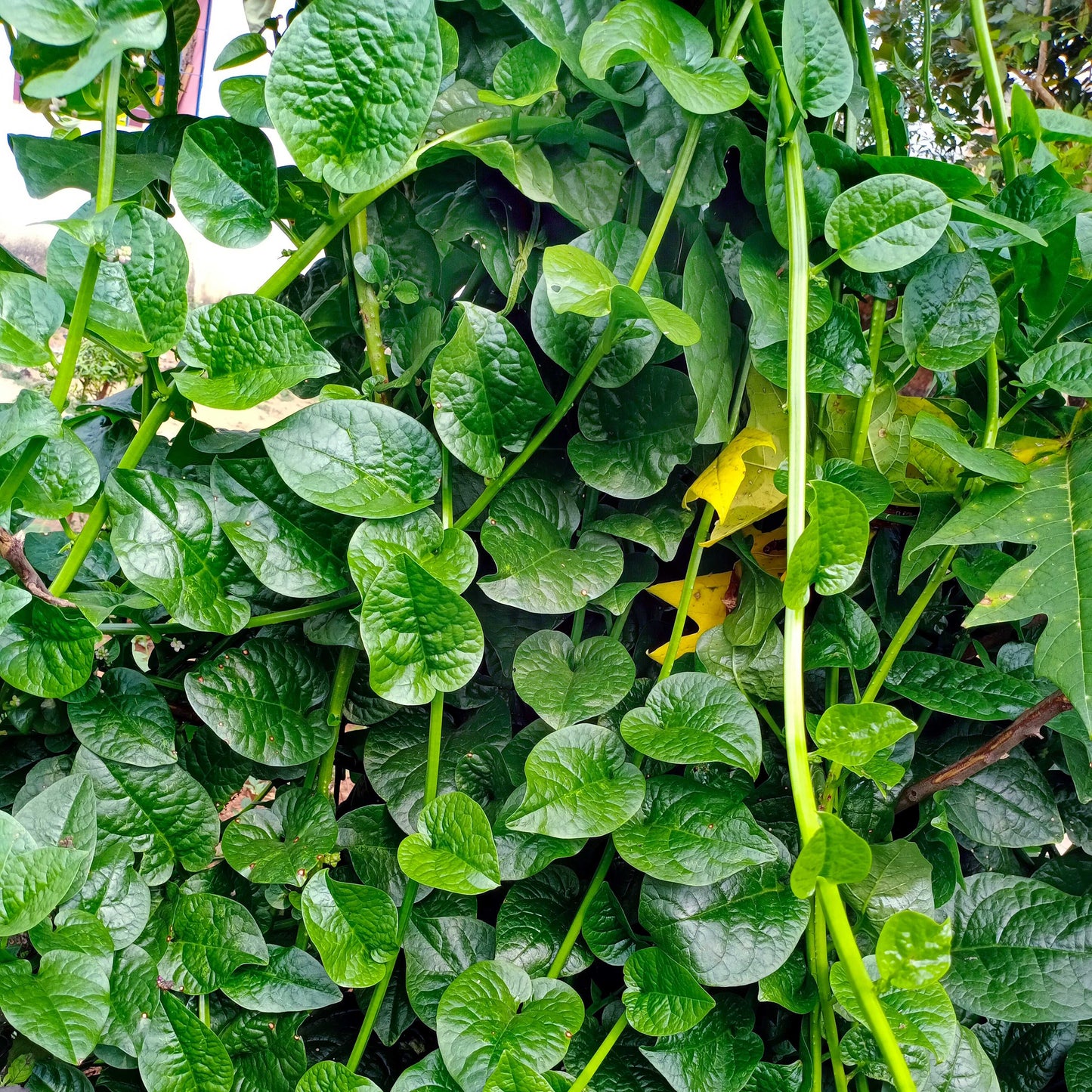We clean up after ourselves.
Ecommerce deliveries have a carbon footprint. That's why we support verified projects that remove carbon from the air.



Every delivery’s carbon footprint is calculated based on weight, shipping method, and distance traveled. We neutralize these emissions by purchasing verified carbon removal credits from groundbreaking projects.



With your purchase, you’ll join a community of proactive merchants and customers dedicated to a sustainable future. Together, we've removed emissions for over 74 million deliveries and removed over 52 thousand tonnes of carbon.

We work with a network of pioneering carbon removal companies that have been vetted by the commerce platform Shopify.

Passion For Plantation
200Pcs Malabar Spinach Seeds
200Pcs Malabar Spinach Seeds
Couldn't load pickup availability
Add a touch of the exotic to your garden with our premium Malabar Spinach Seeds. Malabar spinach (Basella alba or Basella rubra) is a unique and fast-growing vine, renowned for its lush, glossy leaves and high nutritional value. Unlike true spinach, Malabar spinach thrives in hot, humid conditions, making it an excellent choice for summer gardens. This tropical leafy green is not only a visual delight with its vibrant green or red-tinged stems but also a culinary powerhouse, rich in vitamins A and C, calcium, and iron. Ideal for both novice and experienced gardeners, our Malabar spinach seeds promise a bountiful harvest of nutritious and delicious greens.
Key Features:
- Heat-Tolerant: Thrives in warm, humid climates where traditional spinach cannot grow.
- Nutritious: Packed with vitamins A and C, iron, calcium, and antioxidants, promoting a healthy diet.
- Versatile Culinary Uses: Perfect for salads, stir-fries, soups, and as a spinach substitute in many recipes.
- Vigorous Growth: Fast-growing vine that can reach up to 10 feet, providing an abundant supply of leaves throughout the growing season.
- Attractive Plant: Glossy, heart-shaped leaves with green or red stems add ornamental value to your garden.
Planting Instructions:
-
Seed Preparation: Soak the seeds in water for 24 hours before planting to enhance germination.
-
Timing: Plant seeds in the spring after the last frost date when the soil has warmed, or start seeds indoors 6-8 weeks before transplanting outside.
-
Soil Preparation: Choose a sunny location with well-draining soil. Amend the soil with compost or organic matter to enhance fertility and drainage.
-
Sowing Depth: Plant seeds 1/2 inch deep in seed trays or directly in the garden. Space seeds 12-18 inches apart in rows or along a trellis for vertical growth.
Growing Conditions:
-
Light: Provide full sun to partial shade. Malabar spinach thrives in bright light but can tolerate some shade.
-
Temperature: Best grown in temperatures between 70-90°F (21-32°C). It is heat-tolerant and can continue growing through the hottest summer months.
-
Watering: Keep the soil consistently moist but not waterlogged. Water deeply and regularly, especially during dry spells.
Care Tips:
- Watering: Ensure consistent moisture by watering regularly. Mulch around the base of the plants to retain moisture and regulate soil temperature.
- Fertilizing: Feed with a balanced, all-purpose fertilizer or compost tea every 4-6 weeks during the growing season to promote lush growth.
- Support: Provide a trellis or other support structure for the vines to climb, which encourages healthy growth and easy harvesting.
- Pruning: Regularly pinch off the growing tips to encourage bushier growth and more leaf production. Remove any yellowing or damaged leaves.
Pest and Disease Management:
- Pests: Monitor for common pests such as aphids, spider mites, and snails. Use organic pest control methods, such as neem oil or insecticidal soap, to manage infestations.
- Diseases: Ensure good air circulation and avoid overhead watering to prevent fungal diseases. Remove any affected leaves to prevent the spread of disease.
Harvesting and Uses:
- Harvesting: Begin harvesting leaves when the plant reaches about 6-8 inches tall. Pick the outer leaves first, allowing the inner leaves to continue growing. Regular harvesting encourages more leaf production.
- Storage: Store harvested leaves in a plastic bag in the refrigerator for up to a week. For longer storage, blanch and freeze the leaves.
- Culinary Uses: Use Malabar spinach leaves fresh in salads, sautéed, or added to soups and stews. They can also be used as a substitute for spinach in most recipes, providing a similar texture and flavor.
